Sweet, addictive, delicious. Sugar is undeniably the villain of the modern health movement. But, the truth is... not all sweeteners are bad. Believe it or not, there are some sweeteners that can offer health benefits to the body like essential vitamins, minerals, energy, and more. In this article, we’ll explore:
- What sugar actually is
- What makes a sweetener healthy or unhealthy
- How to choose the right sweetener for you
- And how to use sugar mindfully to enhance your health, performance, and life.
Sweet, Sweet, Sugar
The flavor and experience of sweet foods create a pleasure response that’s hard-wired in the human brain. The taste of sweets paired with their ability to alleviate stress and even reduce feelings of pain¹ make it difficult for some people to control their sugar intake.
Despite the psychological benefits, the key to having a healthy relationship with sugary foods is mindfulness and moderation.
Overeating the wrong kinds of sugar can be linked to a whole host of health problems related to weight management, heart health, skin issues, and more.²
So, What Exactly is Sugar?
To keep it short and sweet, sugar is the generic name for sweet-tasting, soluble carbohydrates.
Sugar comes in a few forms, namely sucrose, fructose, and glucose. Sucrose is the scientific name for table sugar, which is made up of fructose and glucose. Glucose and fructose are the sugars found in foods ranging from fruits and vegetables to dairy, grains, and processed foods.
Now, although sugars like fructose, glucose, and sucrose are found naturally in foods that humans have always eaten, modern foods often contain refined, processed sugars that are anything but natural.
All three of these compounds are considered ‘sugar,’ however, their chemical structures vary, and the way that your body digests and metabolizes them dictates how they affect your well-being.
Understanding the different types of sugars and their impact on the body is crucial to knowing how to add some sugary goodness into your life without harming your health.
Is All Sugar Bad?
In terms of the health benefits, sugar can be ‘good’ or ‘bad’ depending on where it’s derived from, how it’s processed, and how much is consumed.
Healthier forms of sugar, when consumed mindfully and at the right times, can contribute to a balanced diet, and can even be used to support athletic performance and recovery.
On the other hand, when sugar from unhealthy sources is eaten in excess, it can definitely lead to negative health impacts such as metabolic issues and weight gain.
But Not All Sweeteners Are Created Equal
The quality and type of sugar you add to your diet can have a profoundly different impact on your body. Whether or not a specific source of sugar is healthy depends on where it comes from, how it was processed, its fructose to glucose ratios, glycemic index, and its favorable (or unfavorable) health effects.
What Makes a Sweetener Unhealthy?
Glucose and fructose are both monosaccharides, the building blocks of carbohydrates, and they are usually found in natural whole foods like fruit, honey, and starchy vegetables. Although they can have varying levels of fructose and glucose, all whole foods naturally contain a combination of the two sugars.
Glucose and fructose are also found in processed foods, but often in their refined, isolated forms (like high-fructose corn syrup, which is a highly concentrated fructose from corn).
These highly-processed, isolated versions of sugar don’t naturally exist in whole foods and are typically associated with certain health issues. For example, too much pure fructose consumption can impact cholesterol levels, liver health, blood sugar management, and more.³
Also, when these sugars are highly-processed, they lose much of their nutrition, which means you’re left with all the calories and few (to none) of the health benefits. This is the case when we compare refined white sugar and coconut sugar, both of which are processed sugars, but the degree of processing creates products that have very different impacts on the body.
For example, coconut sugar has a glycemic index nearly half of that of white sugar (35 vs. 65) and is loaded with minerals and vitamins that are lost in the processing of white sugar. Coconut sugar also has a fiber called inulin which makes blood sugar spikes less likely after meals.⁴
Unfortunately, white sugar is stripped of much of its fiber, so it doesn't offer the protective benefits of inulin like coconut sugar. In other words, your best bet is to put down the heavily processed sugars and pick up the ones that still contain vitamins, minerals, and fiber.
What Makes a Sweetener Healthy?
In general, healthier sweeteners are very close to (or are still in) their natural form. They’re minimally processed, whole food sugar sources that keep many, if not all, of the natural minerals and phytonutrients intact. This also has a big impact on the glycemic index, as we see in the example comparing coconut sugar to white sugar.
By preserving the nutrients, minimally processed, whole food sugars become more than just a sweet buzz. Vitamins and minerals are considered essential nutrients and help the body perform hundreds of healthy functions.
By supporting the immune system, converting food into energy, and helping cells remain healthy, opting for nutrient-dense sugars offers a much wider range of positive effects on the body, with far fewer negative consequences.
Some of The Healthiest Sweeteners
Fruit
Fruit has been demonized in low-carb and Paleo communities with the “sugar is sugar” rhetoric—when actually, refined sweeteners and fruit have completely different metabolic impacts on the body.
The fiber and water content in fruit increases feelings of fullness and can slow down the insulin response. Studies of ancestral cultures like the Kuna⁵ demonstrate how high amounts of fruit consumption can lead to better health markers and leaner body compositions.
The natural fructose in whole fruit is often picked apart by anti-fruit advocates but has not been found to have a detrimental effect on health compared to its more refined counterpart.
Stevia
Stevia has gotten a full endorsement from some people in the health industry and has gotten heat from others. Factoring in both sides of the debate, it seems that stevia may not only be virtually harmless in small doses but possibly even beneficial.
The key, again, is moderation. Preliminary studies suggest that having a sweet taste with almost no intake of calories (stevia contains almost zero calories) may actually cause an insulin response.⁶
However, in moderation, the sweetness of stevia without the caloric intake may actually improve blood sugar control⁷ and promote a healthier relationship with sweet foods.
Honey
Honey has a unique metabolic effect on the body in that it’s far different from refined sugars, despite its high fructose content. Raw honey contains enzymes, proteins, trace minerals, B vitamins, antioxidants, prebiotics, probiotics, flavonoids, and other polyphenols.
Studies show that the consumption of honey is not associated with the same metabolic effects as table sugar, and may actually have ‘obesity protective’ effects.⁸
One human study showed that supplementing with three to five tablespoons of honey per day increases antioxidant levels⁹ in the body which include a greater presence of vitamin C.
The key with honey is to only use real honey. Studies have demonstrated that artificial ‘honey’ has the complete opposite effect on the body, including raising triglycerides and LDL cholesterol levels.¹⁰ Artificial honey is a cheap, honey-tasting substitute made from various ingredients including corn syrup, white table sugar, and artificial flavors.
This honey impostor is commonly found on grocery store shelves and in restaurants, so it’s important to read the label. The healthiest source of honey that contains most of the beneficial enzymes and nutrients is organic, raw, and unpasteurized.
Since honey is sweeter than sugar, you can also use less in recipes to get the same sweetness. For these reasons, we believe that real honey is one of the best natural sweeteners you can find.
That’s why we opted to sweeten the Kion Protein Bar with organic honey. This high-fat, moderate-protein, and low(er)-carbohydrate energy bar manages to harness the delicious sweetness and nutritional density of honey, while still remaining an overall low-glycemic fuel source. Read more about why we chose honey as the sweetener of our clean protein bar in this article.
But honey, fruit, and stevia aren’t the only healthy, natural, and nutrient-dense sweeteners. Other options include:
- Coconut sugar
- Maple syrup
- Blackstrap molasses
- Lucuma
Responsible Ways to Consume Healthy Sweeteners
Picking a healthy sugar source is only half the battle; it also matters when and how you consume it. Here are some ways to incorporate sugar into your life that will not only benefit your taste buds but also your health and performance.
Sparingly And In Moderation
The hardcore anti-sugar dogma that’s sweeping the health community is extreme, and these forms of strict dieting can be problematic for some people. No-carb extremes can often result in yo-yo dieting, where depriving oneself of sugar can quickly slip into a sugar binge. Instead of an all-or-nothing approach, there are reasons to incorporate moderate amounts of healthy sweeteners into your life.
A responsible amount of sweetener would depend on your level of activity and lifestyle, as well as your goals. Someone who is more active can typically take in more sugar, as they’re depleting glycogen stores from frequent physical activity.
As a general guideline, the American Heart Association¹¹ recommends staying under 100 calories per day of sugar for women (six teaspoons, 20 grams) and 150 calories per day for men (nine teaspoons, 36 grams).
To find your ‘sweet’ spot, consistently check in with your energy levels and cravings. Intense sugar cravings, energy spikes and crashes, weight gain, and acne can mean too much sugar is being consumed. If you’re concerned, you can test your own blood sugar with a blood glucose monitor, or work with a doctor to check metabolic markers such as fasting glucose and HbA1c.
Replenishing Glycogen After Exercise
Glycogen is a form of glucose that is stored in your liver and muscles. This stored energy is depleted throughout the day simply by living, but it can get depleted even faster when you exercise vigorously. When glycogen stores are depleted, exercise becomes more difficult as fatigue sets in.
Sugar is one of the quickest ways to replenish glycogen stores. Consuming a high GI food like watermelon when glycogen is low can actually speed up glycogen restoration in the muscle after exercise. This means you can get up and running again faster with a little bit of healthy sugar, than you would with a low-GI food like beans after exercise.¹²
Incorporating sweeteners into your diet post-workout is one way to harness the power of sugar to enhance performance.
Supporting Carb Refeeds and Diet Variation
Although low-carb diets are all the rage, newer evidence suggests that long-term, strict low-carb diets tend to lose efficacy and can even be harmful.¹³
For the same reason that you want to cross-train, incorporating diet variation can prevent a plateau in keto or low-carb dieting. Incorporating more carbohydrates (i.e. natural sugar from whole food sources) into your diet in a mindful way can prevent “keto stalling” and ensure progression towards body composition and health goals.
Diet variation can be done in a number of ways. Common variations include:
- Daily, weekly or monthly carbohydrate refeeds, depending on your individual activity levels, health status, and goals. For women following a lower-carb diet, a monthly refeed where you spend an entire week eating more carbohydrates can work very well during the week of the menstrual cycle, as the body is more efficient at metabolizing glucose.¹⁴
- Finally, a seasonal variation is probably the most ancestrally relevant, whereby winters are spent lower carb, and summers (where there is an abundance of fruit) is higher carb. The Mbuti pygmies of the Congo¹⁵ are a great example of this and obtain up to 80% of their calories from honey for two months of the year when honey is naturally available to them.
Summary
Although sugar has gotten a bad rap in modern times, all sweeteners aren’t the same and can have drastically different impacts in the body.
As we discussed, the following sweeteners can offer a substantial amount of healthy benefits:
- Honey
- Coconut Sugar
- Natural sugar from fruit sources
- Maple Syrup
- Stevia
- Lucuma
- Black Strap Molasses
If you’re looking to avoid some types of sugar, the questions to ask yourself are: is this sugar natural? Is it processed? Where does it come from? And from there, you can make a more informed decision about your sugar choices.
When used mindfully, sugar can actually be a tool for healthy individuals to improve their athletic performance, sustain the benefits of a long-term low-carb diet, and most importantly, live an enjoyable, well-balanced life.
The key is choosing your healthy sweetener wisely and consuming it in moderation at the appropriate times.
Snacking on a Kion Protein Bar post-workout or during a long hike is a great way to get quick fuel from honey, one of our favorite natural sweeteners.
Click below to try the Kion Protein Bar!
Try NowScientific Research
- https://pubmed.ncbi.nlm.nih.gov/19083128/
- https://www.healthline.com/nutrition/too-much-sugar
- https://pubmed.ncbi.nlm.nih.gov/28878197/
- https://pubmed.ncbi.nlm.nih.gov/8814212/
- https://pubmed.ncbi.nlm.nih.gov/4928686/
- https://pubmed.ncbi.nlm.nih.gov/22561130/
- https://pubmed.ncbi.nlm.nih.gov/23140911/
- https://www.ncbi.nlm.nih.gov/pmc/articles/PMC6115915/
- https://pubmed.ncbi.nlm.nih.gov/12617614/
- https://pubmed.ncbi.nlm.nih.gov/18803712/
- https://www.heart.org/en/healthy-living/healthy-eating/eat-smart/sugar/added-sugars
- https://www.ncbi.nlm.nih.gov/pmc/articles/PMC6019055/
- https://pubmed.ncbi.nlm.nih.gov/14672862
- https://drjockers.com/keto-carb-cycling-women/
- https://pubmed.ncbi.nlm.nih.gov/19350623/
* These statements have not been evaluated by the Food and Drug Administration. This product is not intended to diagnose, treat, cure, or prevent any disease.
© 2022 Kion. All rights reserved.



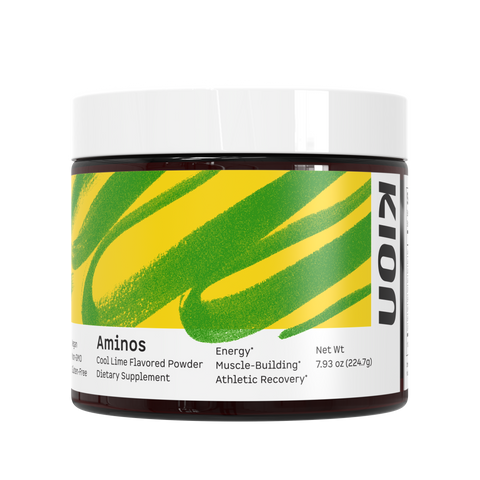
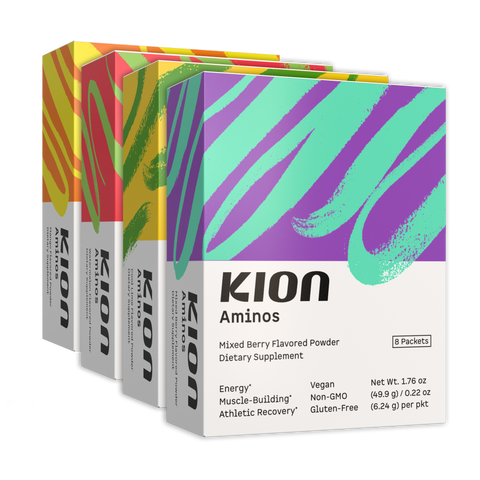
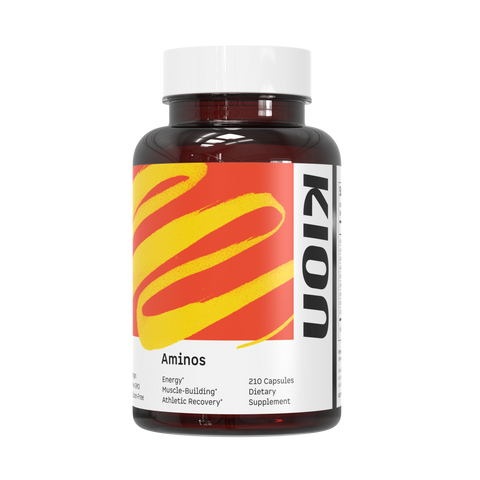
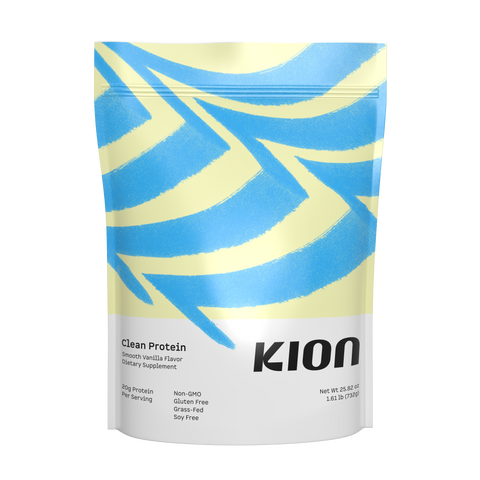
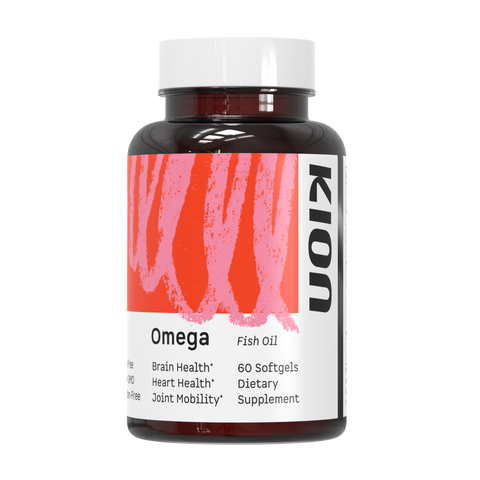
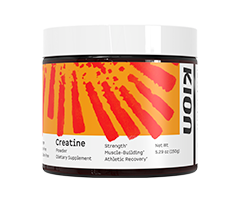
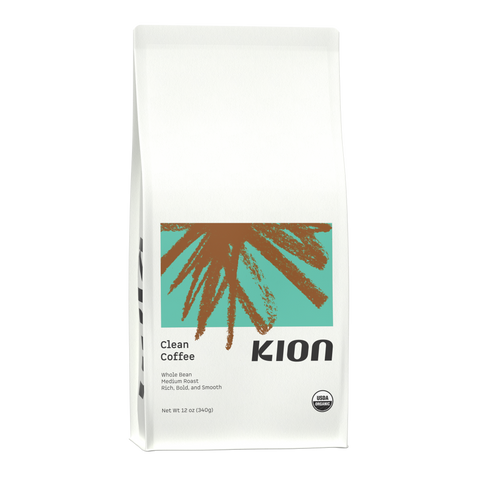
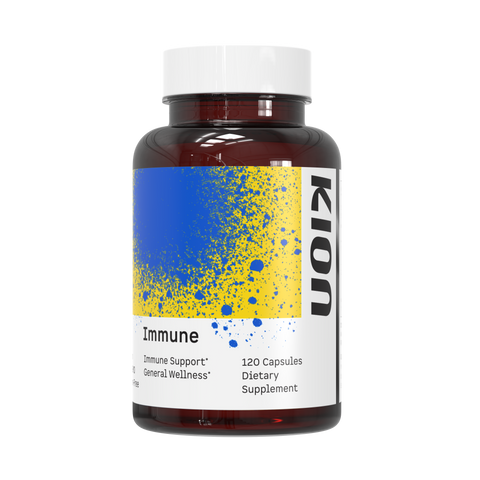
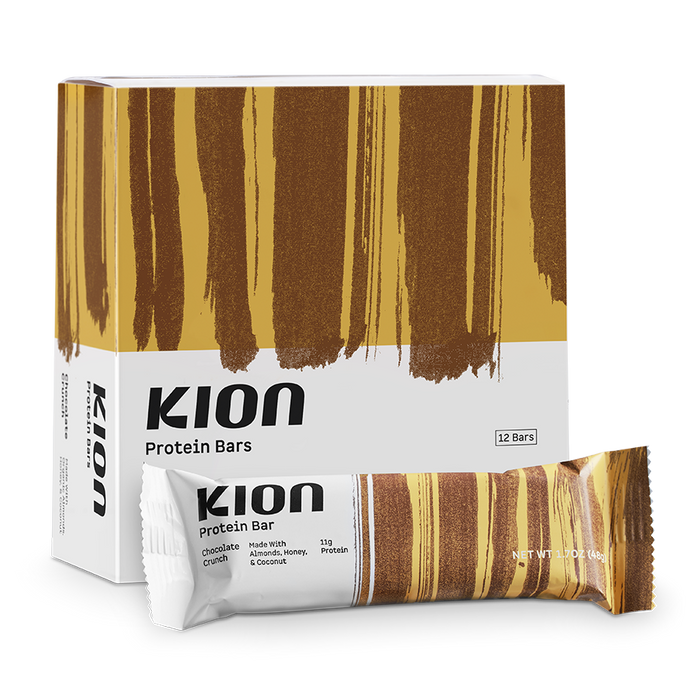
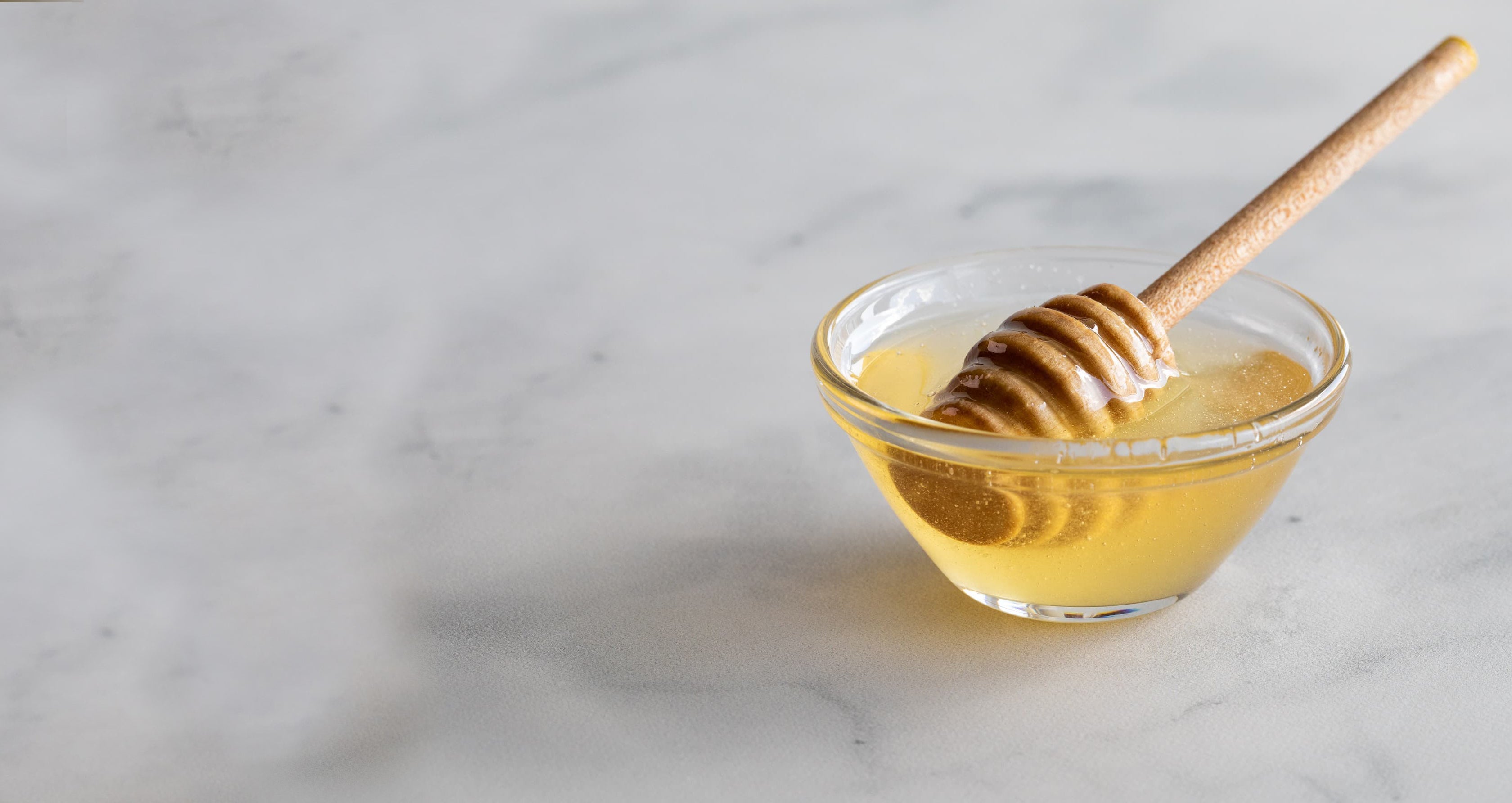



Comments
What about Allulose? Thoughts on it’s affects on insulin? Body’s ability to utilize? Safety? Health benefits or detriments?
———
Kion replied:
While Allulose does show some promise as an alternative sweetener, many of the beneficial claims require more human data before being considered clinically relevant. However, metabolic and toxicological studies preformed to this point have yet to show any disadvantages, when taken in moderation of course.
Anonymous on
I’ve read many times that women metabolize carbs better the week of their period. However, while I do crave more carbs that week, when I eat many of them they put me to sleep. I find it harder to wake up & have less energy throughout the day, often needing naps (even healthy carbs). Why would this be?
———
Kion replied:
It sounds like what you are experiencing is caused by fluctuations in blood glucose. Ideas to mitigate this would include concentrating on minimally processed, high-fiber foods, or the inclusion of more protein. You might also consider something such as Kion Lean <https://getkion.com/products/lean>
Amanda Bryant on
Thanks for helping me to understand the differences of the different carbs and how they affect your body.
JB Glat on
Thanks for a great read. The" diet variation" was info i have considered but couldn’t quite figure out. Thanks again.
Tim Castle on
Great information about sugar. What are your thoughts about monk fruit and agave as healthy sugars? I’ve heard varying reviews about agave and was surprised that some health food stores have stopped carrying the product.
———
Kion replied:
While agave is considered to be low G.I., the primary issue has to do with the manner in which most commercially available products are produced. Typically agave is processed using high heat and or enzyme exposure, removing many of the beneficial fructans and resulting in an end product that is highly concentrated fructose, but without any of the benefits you might see from say, high quality honey. Monk Fruit can be a “safer” alternative, but be wary of how a particular brand is manufactured, as some brands will mix in other sugars such as dextrose to offset the intense sweetness of the extract.
>
Sharon on